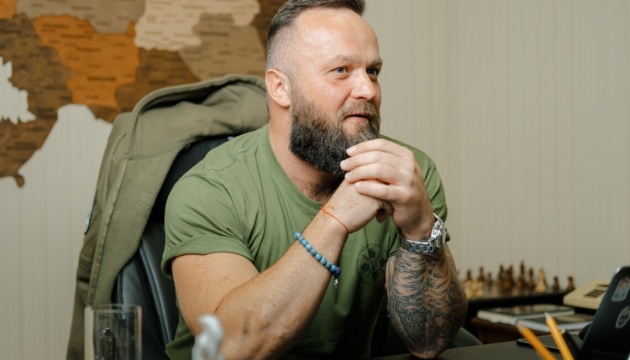Text size
China said Tuesday it was investigating US fashion group PVH Corp., which owns Tommy Hilfiger and Calvin Klein, for “unreasonably boycotting” cotton from its Xinjiang region, where Beijing is accused of widespread rights violations.
The commerce ministry said PVH was suspected of “unreasonably boycotting Xinjiang cotton and other products… without a factual basis, seriously damaging the legitimate rights and interests of relevant Chinese enterprises”.
PVH was “suspected of violating normal market trading principles” on products from Xinjiang, and “adopting discriminatory measures”.
The ministry said PVH must provide a response within 30 days as to whether it had acted discriminatorily against Xinjiang-related products in the last three years.
The statement gave no details of the punishment PVH could face but it could be added to China’s “unreliable entity list” which could see it fined or banned from trading with the country.
The probe comes a day after Washington moved to ban the sale of connected vehicles using Chinese technology.
PVH did not respond to an AFP request for comment.
A global compliance statement on the company’s website says it “follows the laws and regulations that are applicable wherever we do business, including with respect to US Government policy regarding… Xinjiang Uyghur Autonomous Region”.
The US Uyghur Forced Labor Prevention Act bans the import of all goods from the Xinjiang region unless companies offer verifiable proof that production did not involve forced labor.
China is accused of incarcerating more than one million Uyghurs and other Muslim minorities in its northwestern Xinjiang region from 2017.
Beijing rejects the allegations, saying its policies in Xinjiang have rooted out terrorism and religious extremism while promoting development.
PVH has previously tangled with China’s policies in the region.
In 2020, a report by the Australian Strategic Policy Institute identified Tommy Hilfiger and Calvin Klein among dozens of foreign and Chinese companies it said were “benefiting from the use of Uyghur workers outside Xinjiang”.
In a statement at the time to the Business and Human Rights Resource Centre, an advocacy group, PVH said it was “deeply troubled by the reports” and it was assessing how to “uphold international labour standards given the current situation in the region”.
It reportedly later ordered its suppliers to audit their links to a Chinese state-owned entity sanctioned by the United States for its alleged connections to rights abuses in Xinjiang.
mjw/oho/mtp











